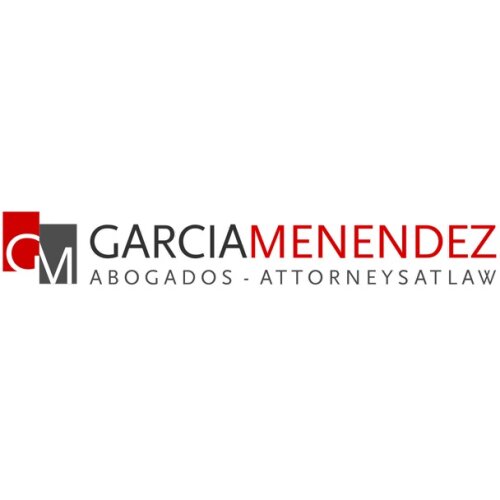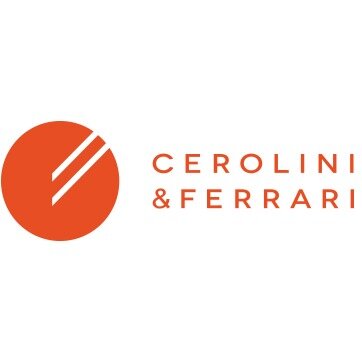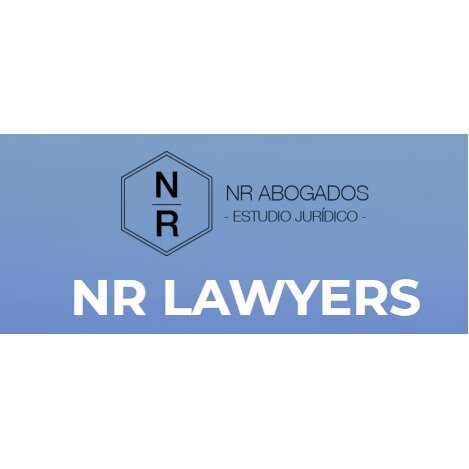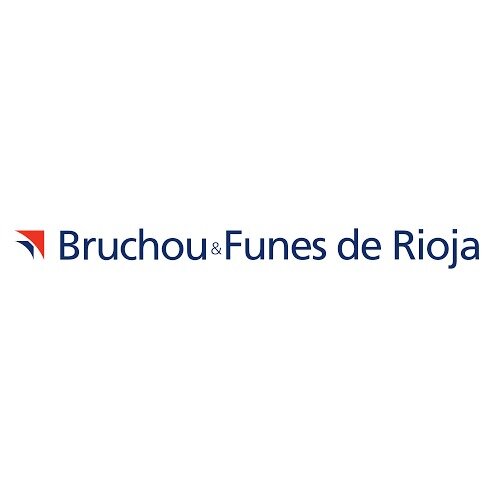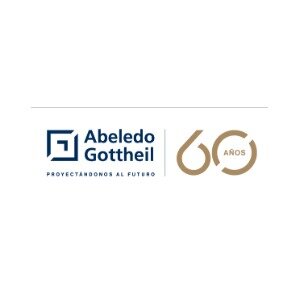Best Renewable & Alternative Energy Lawyers in Buenos Aires
Share your needs with us, get contacted by law firms.
Free. Takes 2 min.
List of the best lawyers in Buenos Aires, Argentina
About Renewable & Alternative Energy Law in Buenos Aires, Argentina
Renewable and alternative energy law in Buenos Aires, Argentina is a dynamic and important field. The city and the country as a whole have made significant strides toward promoting clean energy sources such as solar, wind, biomass, and small-scale hydroelectric power. This legal field covers the rules, regulations, and incentives governing the production, distribution, and commercial use of renewable energy. Argentina’s commitment to international agreements to lower carbon emissions has also strengthened the framework for renewable energy development. Both federal and city laws play a role in shaping how residents and businesses can participate in the energy transition.
Why You May Need a Lawyer
Engaging a lawyer knowledgeable in renewable and alternative energy can be crucial for a variety of reasons. Common scenarios include:
- Obtaining government permits and navigating the application process for installing renewable energy systems, such as solar panels or wind turbines.
- Understanding and complying with building codes and local zoning regulations related to energy projects.
- Reviewing and negotiating contracts with energy suppliers or technology providers.
- Applying for or securing government incentives, subsidies, or tax benefits for renewable energy projects.
- Addressing disputes related to energy production, land use, or supply agreements.
- Ensuring compliance with environmental impact laws and requirements.
- Assisting with mergers, acquisitions, or investments in renewable energy projects.
Legal counsel can help ensure your project is compliant, efficient, and protected from potential liabilities.
Local Laws Overview
The legal framework for renewable and alternative energy in Buenos Aires is influenced by national policies and specific local ordinances.
- The national Law 27.191 sets Argentina’s goal to produce a significant percentage of its electricity from renewable sources, and includes incentives for public and private sector participation.
- The RenovAr program is a federal initiative that promotes investment in renewable energy through auctions and financing incentives.
- Buenos Aires city has adopted its own ordinances to encourage the use of solar energy and small-scale renewable installations, including simplified permitting and urban development incentives.
- Environmental regulations require certain projects to undergo impact assessments and comply with guidelines to protect ecosystems and public health.
- Grid connection standards and rules set by both local and national energy authorities must be met to connect renewable systems to the public network.
Local laws can be nuanced, so having a lawyer familiar with Buenos Aires regulations is highly beneficial.
Frequently Asked Questions
What types of renewable energy projects are most common in Buenos Aires?
Solar panel installations, small-scale wind turbines, and biomass energy systems are the most popular due to their suitability for urban environments and favorable regulations.
Are there financial incentives for using renewable energy in Buenos Aires?
Yes, both the national and city governments offer tax incentives, subsidies, and low-interest loans for renewable projects under programs like RenovAr and city ordinances.
Is a permit required to install solar panels at home or in a business?
Permits are usually required. The application process varies depending on the size and type of the installation but has been streamlined at the city level to encourage more renewable energy adoption.
Can residential users sell excess electricity generated by their renewable systems?
Yes, under national law homeowners and businesses can feed surplus electricity into the public grid, subject to grid connection standards and registration procedures.
What environmental assessments are needed for renewable energy projects?
Larger projects or those with significant land impact require environmental impact studies. Small-scale urban installations may be subject to simplified assessments or exemptions.
Do building codes in Buenos Aires restrict renewable energy installations?
Building codes are generally favorable, but installations must comply with structural, safety, and sometimes aesthetic requirements, especially in historical areas.
How do I find out if my property is suitable for renewable energy?
A site assessment by a qualified engineer or energy consultant is recommended. A lawyer can help review any legal restrictions concerning your property zoning or usage.
What are the main risks or liabilities with renewable energy projects?
Risks may include contractual disputes, regulatory noncompliance, performance shortfalls, and environmental liabilities. Proper legal guidance can help mitigate these risks.
Can foreign companies invest in renewable energy in Buenos Aires?
Yes, Argentina welcomes foreign investment in renewables. However, investors must comply with regulatory, tax, and corporate requirements, so legal advice is recommended.
Who regulates the renewable energy market in Buenos Aires?
Regulation is overseen by national bodies like the Energy Secretariat and the National Electricity Regulatory Entity as well as city-level departments involved with urban development and environmental protection.
Additional Resources
If you are seeking more information or specific guidance, the following resources may be helpful:
- Argentine Secretariat of Energy - Provides information on national policies, programs, and permits.
- Ente Nacional Regulador de la Electricidad (ENRE) - National regulatory authority for electricity projects.
- Agencia de Protección Ambiental (APrA), Buenos Aires - City agency that oversees environmental regulations.
- Buenos Aires City Government - Urban Development Department - Offers guidance on building codes and urban solar energy programs.
- Chambers of Commerce and Industry Groups - Can provide contacts and information on energy tender processes and partnership opportunities.
Next Steps
If you need legal assistance or advice regarding a renewable or alternative energy matter in Buenos Aires, consider the following steps:
- Clearly define your goals, whether they relate to installing a renewable project, investing, or resolving a dispute.
- Prepare relevant documentation such as property deeds, contracts, technical project descriptions, or correspondence with authorities.
- Contact a lawyer who specializes in energy, environmental, or administrative law with experience in Buenos Aires regulations.
- Schedule an initial consultation to discuss your project, identify potential legal issues, and develop a compliance strategy.
- Stay informed about changes in local and national laws, as the legal landscape for renewable energy continues to evolve.
Taking these steps will help ensure your engagement with renewable energy in Buenos Aires is both legally sound and positioned for success.
Lawzana helps you find the best lawyers and law firms in Buenos Aires through a curated and pre-screened list of qualified legal professionals. Our platform offers rankings and detailed profiles of attorneys and law firms, allowing you to compare based on practice areas, including Renewable & Alternative Energy, experience, and client feedback.
Each profile includes a description of the firm's areas of practice, client reviews, team members and partners, year of establishment, spoken languages, office locations, contact information, social media presence, and any published articles or resources. Most firms on our platform speak English and are experienced in both local and international legal matters.
Get a quote from top-rated law firms in Buenos Aires, Argentina — quickly, securely, and without unnecessary hassle.
Disclaimer:
The information provided on this page is for general informational purposes only and does not constitute legal advice. While we strive to ensure the accuracy and relevance of the content, legal information may change over time, and interpretations of the law can vary. You should always consult with a qualified legal professional for advice specific to your situation.
We disclaim all liability for actions taken or not taken based on the content of this page. If you believe any information is incorrect or outdated, please contact us, and we will review and update it where appropriate.





